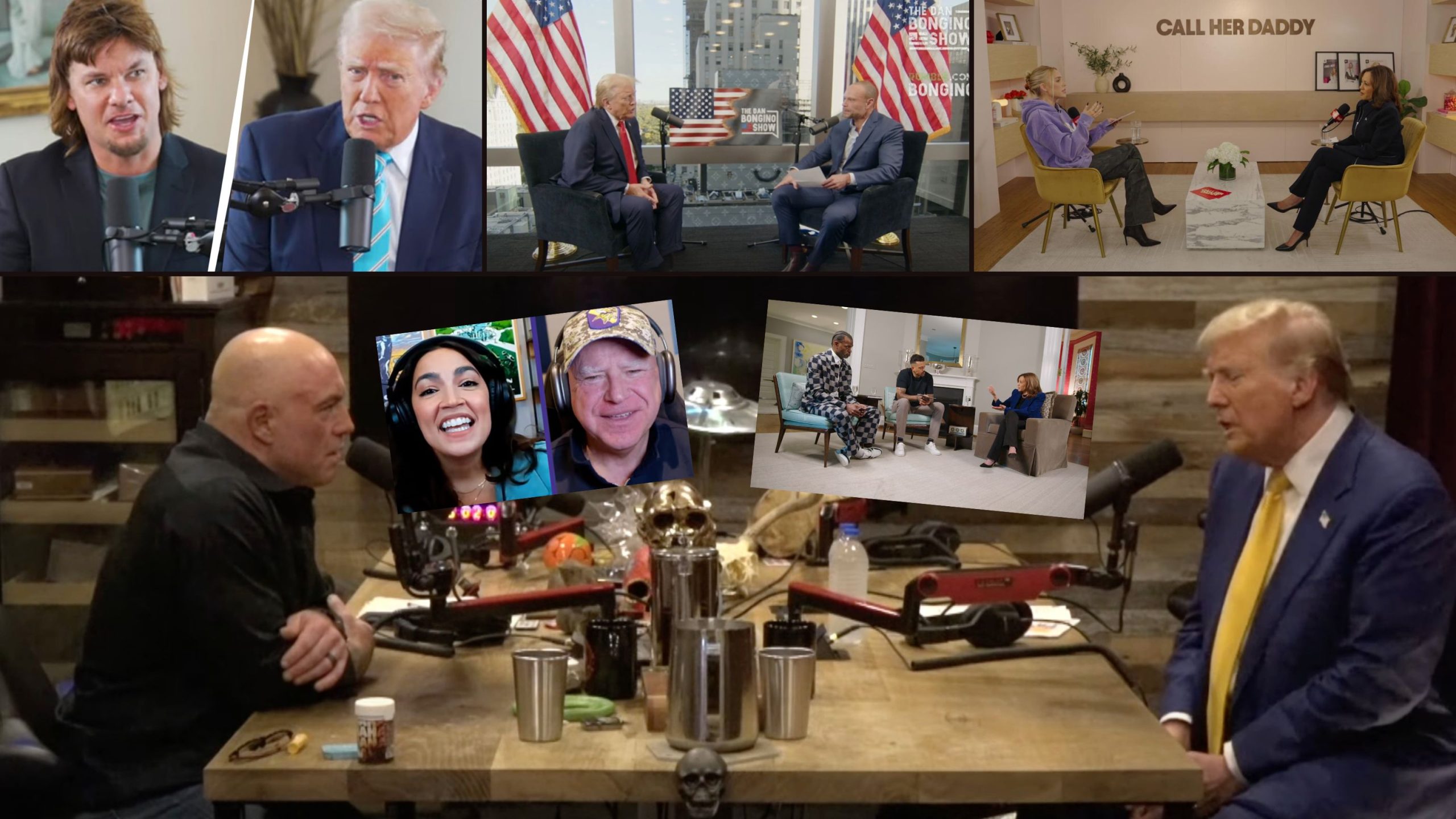Picture America in 1933: an economic free-fall, banks boarded up, soup lines stretching for blocks, and the national morale on life support. America was flatlining. Enter Franklin Delano Roosevelt, not exactly a radio star by profession, but a man with a flair for reinvention and a keen sense for drama. It was the early days of the New Deal, and with the country gasping for leadership, FDR turned to a device still new enough to make people gasp: the radio.
Forget primetime television or social media. This was radio, a crackling novelty piping straight into the living rooms of ordinary folks across the nation. Most politicians, still getting the hang of this strange technology, sounded wooden and stiff. But Roosevelt saw radio for what it was—a direct line to the American public, sidestepping those ever-fickle newspaper editors and reporters who might twist his words or, heaven forbid, publish them out of context.


